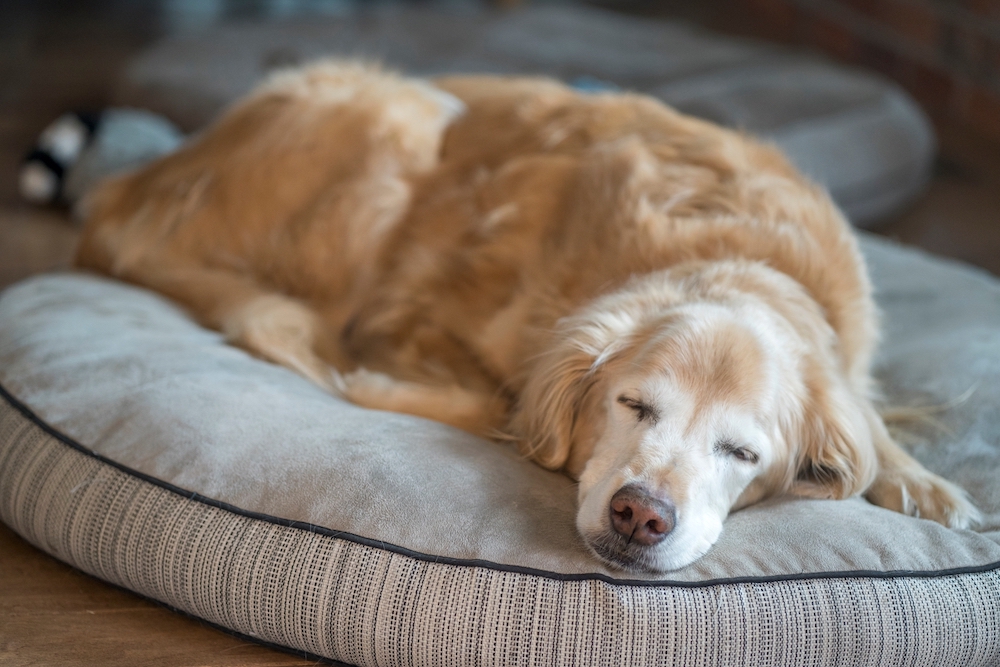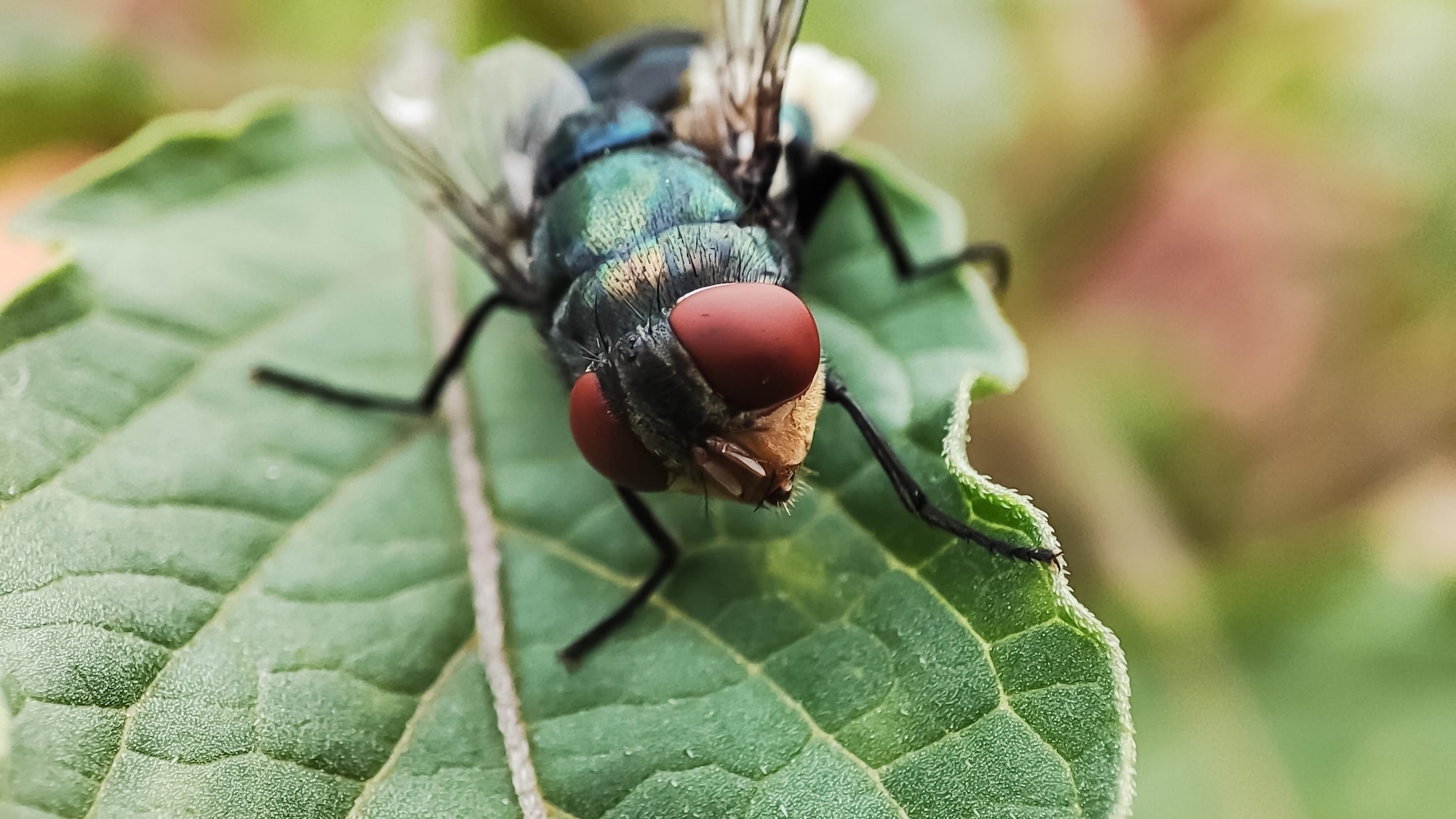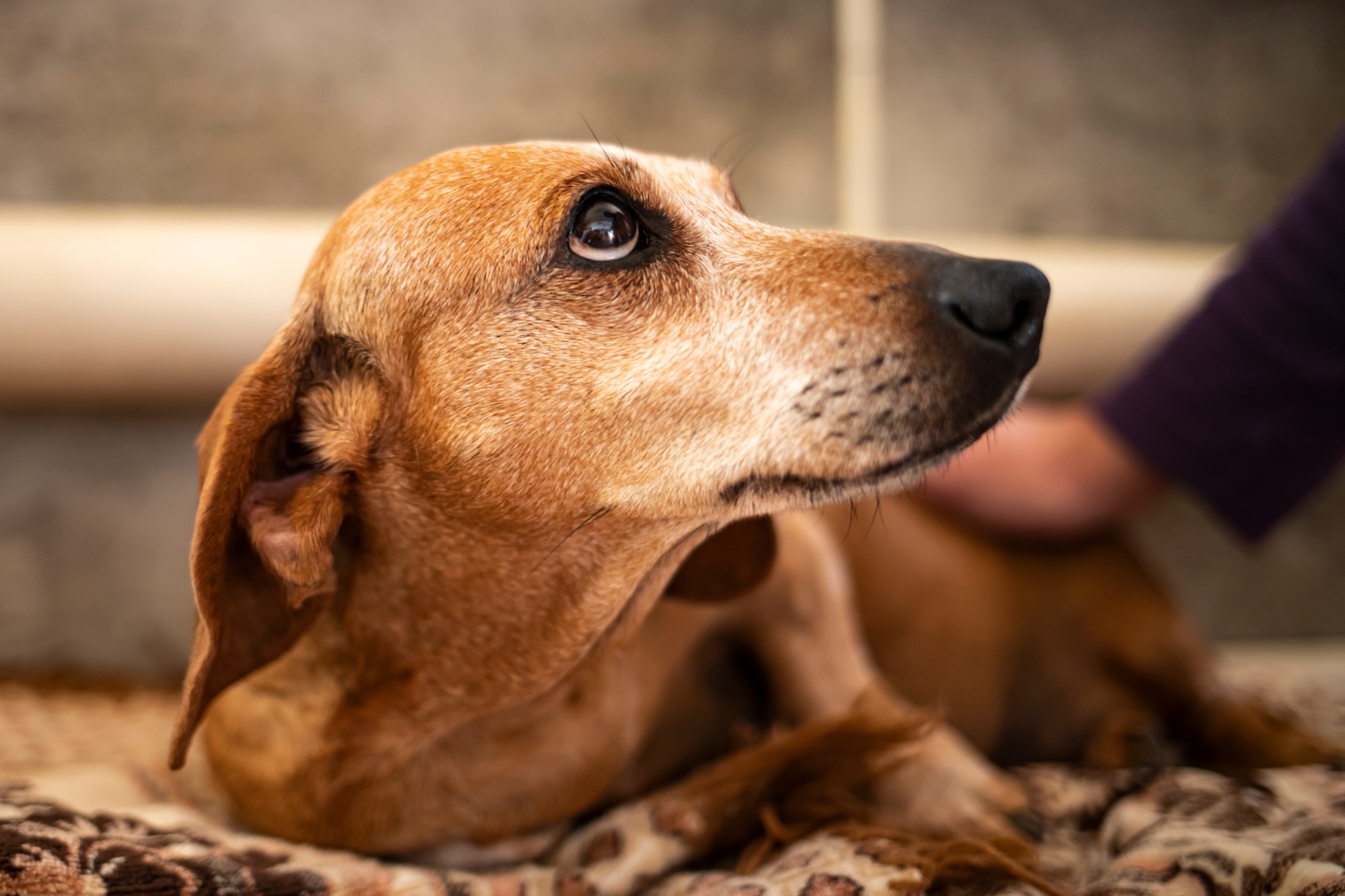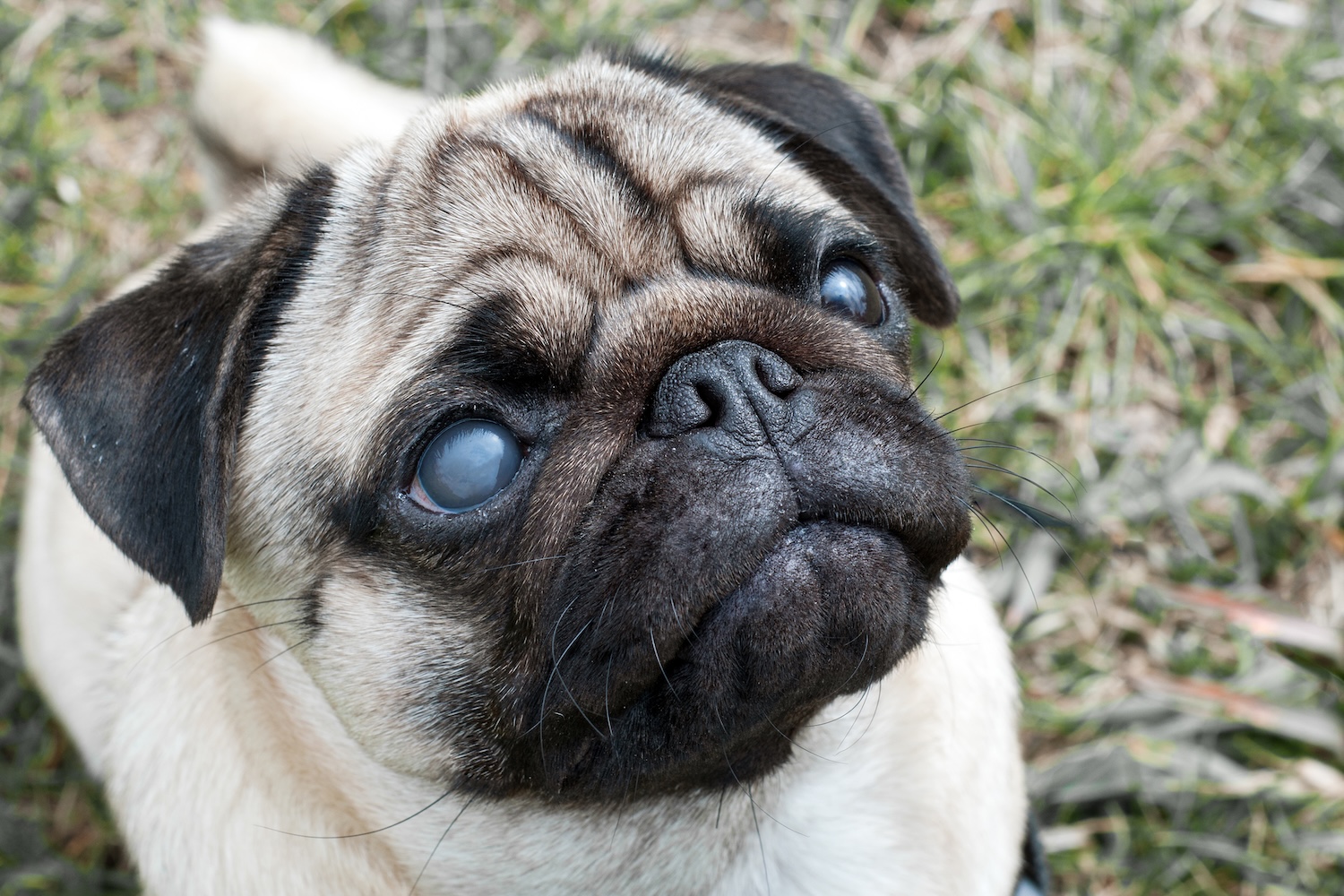It’s natural to worry when a senior dog loses interest in food. Sometimes a loss of appetite can be a sign of a serious health problem, but at other times some simple actions can help restore your dog’s zest for eating. As always, if you notice any unexplained changes in your dog’s behavior, call your vet. Here’s what else you need to know about changes in your older dog’s appetite.
Why a senior dog might not want to eat
There are many reasons why a senior dog might be eating less than they used to. One possibility is illness. Stomach upset from a wide variety of gastrointestinal problems can make a dog reluctant to eat, and dental disease can make chewing uncomfortable. Occasionally, side effects from medication can diminish a dog’s appetite.
Dogs have an excellent sense of smell, and it’s possible if your dog isn’t eating that the culprit is their food. They may be smelling that it’s gone bad, or that there’s an issue with the bowl you’re using to feed them. Check whether their food looks or smells off, or might be past its best-before date. And make sure your dog’s bowl is clean. You wouldn’t eat off the same dirty dish day after day—and your dog shouldn’t have to, either.
It’s also possible, if your dog is healthy, that they simply don’t need to eat as much food as you’re offering them—though this wouldn’t explain a sudden change in their appetite. Feeding your dog exact, proper portions throughout their life makes it easier to track differences in what they’re eating. And we’d be remiss if we didn’t mention that The Farmer’s Dog customizes dogs’ portions based on age, weight, breed, spay/neuter status, body condition, and activity level.
Stress is another factor that could make a dog lose their appetite. If your dog’s been through a recent trauma, their routine has changed, or they’re showing other signs of fear or anxiety, it’s possible that those are the reasons they’re not eating as much as they used to.
And—like people—dogs sometimes don’t like their food, or get tired of it.
Context can help you determine why your senior dog isn’t eating—if they’ve recently eaten something they shouldn’t have, shown other signs of illness, or had a stressful experience, you may be more likely to suspect that those are the reasons—but if you have any doubt at all, the best thing to do is bring them to their vet.
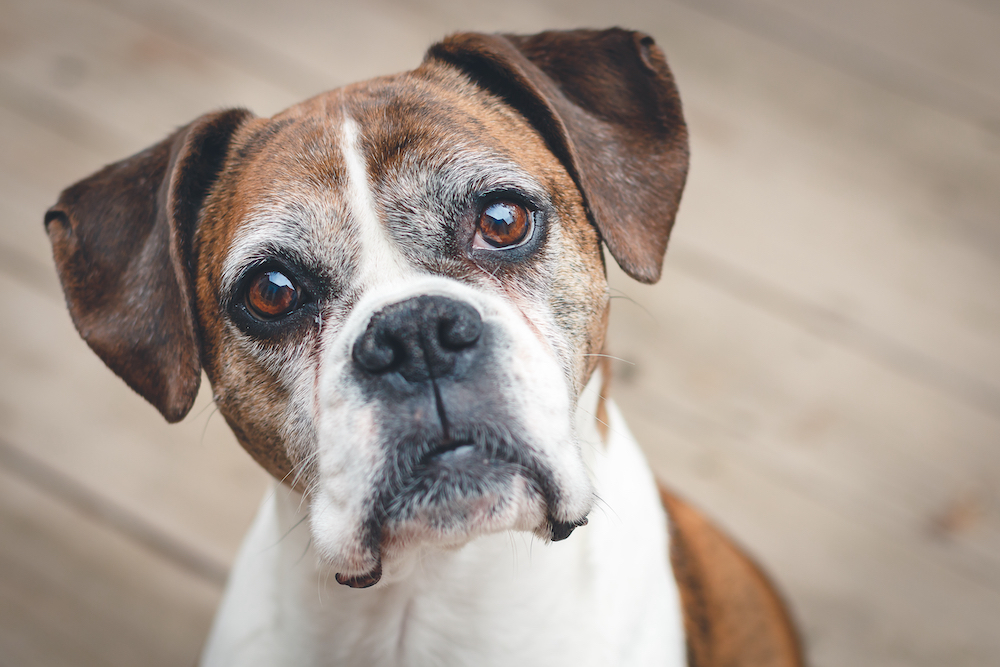
When to take a senior dog who’s not eating to the vet
If your senior dog skips one meal, and isn’t showing any other signs that something is wrong, it may not be a big deal. Like humans, dogs may have moments when they aren’t hungry or aren’t feeling well. But if they go a full day without eating, you must bring them to the vet right away. This could be a sign of a serious ailment, and going too long without eating can also bring dire consequences on its own.
Other signs that your dog needs to see their vet ASAP, even if they’ve only refused a single meal, include:
- Not drinking water
- Diarrhea
- Vomiting
- Shaking, yelping, or whining as if in pain
- Weight loss
- Fatigue
- Constipation or trouble going to the bathroom
- Coughing
- Fever
- Pawing at their face, bleeding or red gums, or other evidence of dental problems
How to help a senior dog eat more
How to help your senior dog eat more depends on why they’re not eating.
If your senior dog’s lack of appetite is due to a disease or injury, you’ll have to talk to your vet about treatment. Different problems may pass with time, require surgery, or be treated with medication. There are even drugs specifically designed to stimulate a dog’s appetite. After treatment, dogs with dental issues sometimes not only eat more but also seem to act “younger” because they’re no longer in pain.
If a dog isn’t eating due to stress, training can be an asset. Using desensitization and counterconditioning to combat fear or anxiety, giving your dog a predictable meal schedule, and feeding them in a calm place where they feel safe can all make it easier for them to eat happily.
Speaking of a schedule, don’t leave food out all day. Many vets advise against “free feeding.” Your dog should have ample opportunity to eat, but if they haven’t done so in 20 or 30 minutes you should put their food away. Plus, if you’re feeding fresh food, you should treat it like your own perishable food; if it has been out of the fridge for 2 hours (1 hour if above 90°F), we recommend following USDA guidelines and tossing it out to be as safe as possible. Don’t put the food back in the refrigerator—once it’s been out that long, re-cooling won’t make it safe again.
And, regardless of what you feed your dog, any food left out for too long can attract pests like insects or rodents.
Many dogs like working for food—the concept is called “contrafreeloading”—and a dog may become more interested in eating if you incorporate learning new tricks, solving a food puzzle, or other fun mental challenges. Never force your dog to work; they should be allowed to eat no matter what. But if your dog is into training tasks and games, you can use those as a way to motivate them to chow down.
If your senior dog just isn’t drawn to their food, you can take steps to make it more appetizing. Warming it up often gets the job done. If you’re feeding fresh food from The Farmer’s Dog, try adding a touch of hot water and fluffing it up with a fork (but only feed the food to your dog when it’s at a safe temperature). We don’t recommend microwaving our food, because that could reduce its nutritional value.
Other steps that can make a dog more eager to eat their food include adding plain chicken broth, topping it off with a piece of something they really like, or—if you suspect they’re bored—seeing if they would prefer something else. If you’ve ruled out a health issue as the reason for your senior dog’s reduced appetite, you may want to consider feeding The Farmer’s Dog. Our fresh food is easy to eat, complete and balanced, and full of natural moisture—and research shows that it’s highly palatable. Many customers have told us that their dogs who were formerly picky eaters have become more enthusiastic about eating after making the switch to fresh.
Bon appetit
Don’t panic if your senior dog isn’t eating, but don’t ignore it either. Anything more than one missed meal merits a prompt call to the vet, as does not drinking and any other sign of illness. But many reasons senior dogs lose their appetites are very treatable; if you call your vet, you stand a great chance of seeing your dog run back to their bowl soon.
